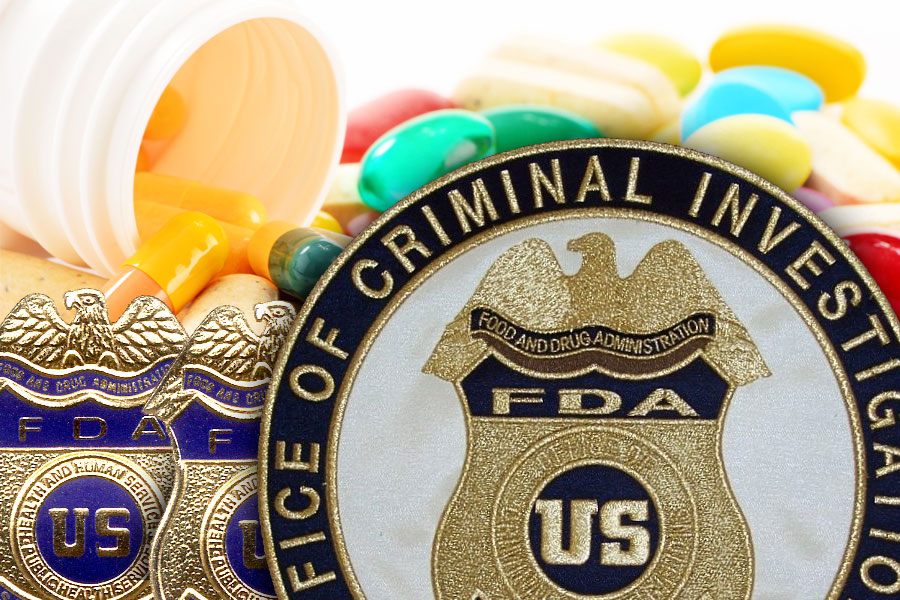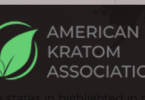Posted on January 20, 2016 | By Stephen Ostroff, M.D.
An estimated 200 million Americans take dietary supplements to maintain or improve their health. Protecting consumers from unsafe or contaminated dietary supplements is extremely important to FDA.
 We’ve recently taken a number of important steps to prevent illnesses and deaths from unsafe supplements, and, while our current authority over supplements is arguably limited, we are doing what we can to strengthen our existing oversight. I’d like to give you a picture of the challenges, achievements and opportunities regarding the regulation of these products, beginning with the challenges.
We’ve recently taken a number of important steps to prevent illnesses and deaths from unsafe supplements, and, while our current authority over supplements is arguably limited, we are doing what we can to strengthen our existing oversight. I’d like to give you a picture of the challenges, achievements and opportunities regarding the regulation of these products, beginning with the challenges.
One challenge is sheer volume. The dietary supplements industry is one of the fastest-growing in the world. When the Dietary Supplement Health and Education Act (DSHEA) was passed by Congress in 1994, annual sales of dietary supplements totaled about $5.8 billion. Since then, sales have risen six-fold to about $35 billion annually. Large volumes of supplements are also now sold on the Internet. The significant growth in the dietary supplements industry, and the various ways supplements reach consumers, outpace FDA’s resources to regulate this industry.
Under DSHEA, FDA does not have the authority to approve dietary supplements before they are marketed to consumers. However, we do have the authority to take enforcement actions after a product is on the market – only when we can establish that the dietary supplement is adulterated (e.g., unsafe); misbranded (e.g., misrepresentations are made on the product labeling); or cannot be marketed as a dietary supplement (e.g., an unapproved new drug). We monitor the marketplace through market surveys, undercover buys, label reviews, a review of reports of illness or deaths, and product testing. When necessary, we take actions to protect public health, including issuing public warnings, taking legal action, and working with the company to recall the product. But all this must be done based on evidence and within the bounds of our legal authority and limited resources.
Despite these constraints, our actions have produced important results over the past year. Here are just a few key accomplishments:
- At the request of FDA, this month U.S. Marshals seized almost 90,000 bottles of dietary supplements labeled as containing kratom. Kratom has been indicated to have both narcotic and stimulant-like effects.
- Use of pure powdered caffeine products has already resulted in the deaths of two teenagers. We took action to help prevent harm, including deaths, from the use of these products, by issuing warning letters to five distributors of these potentially dangerous products.
- In 2015, FDA identified products containing BMPEA, DMBA and picamilon that are unlawfully marketed and issued a series of warning letters to 24 companies that marketed dietary supplements containing these ingredients. The companies that received the warning letters market products that are either misbranded for falsely declaring the ingredients as dietary ingredients or marketing products containing new dietary ingredients without the required pre-market notification.
- We worked closely with our government partners, including the Department of Justice, the Federal Trade Commission and the U.S. Postal Inspection Service, on a year-long sweep to identify potentially unsafe products and/or products containing undeclared ingredients. In November 2015, that sweep culminated in civil injunctions and criminal actions against 117 manufacturers and/or distributors of dietary supplements and tainted products.
- We issued more than 100 consumer alerts warning about products falsely marketed as dietary supplements that were found to contain active pharmaceutical ingredients.
- We conducted more than 600 inspections of dietary supplement firms in the U.S. and other countries. We also worked with companies on voluntary compliance actions, such as removing illegal claims, destroying inventory and ceasing distribution.
We want to expand our use of criminal investigation and enforcement tools to address serious safety-related violations and cases of intentional fraud; and further build strategic investigatory and enforcement collaborations with the Federal Trade Commission, Department of Justice, and state governments, including state health departments and attorneys general.
Ultimately our top priority is to protect the consumers who want to improve, not damage, their health and have a right to expect that dietary supplements will be safe for them and their families.
Stephen Ostroff, M.D., is Acting Commissioner of the U.S. Food and Drug Administration







